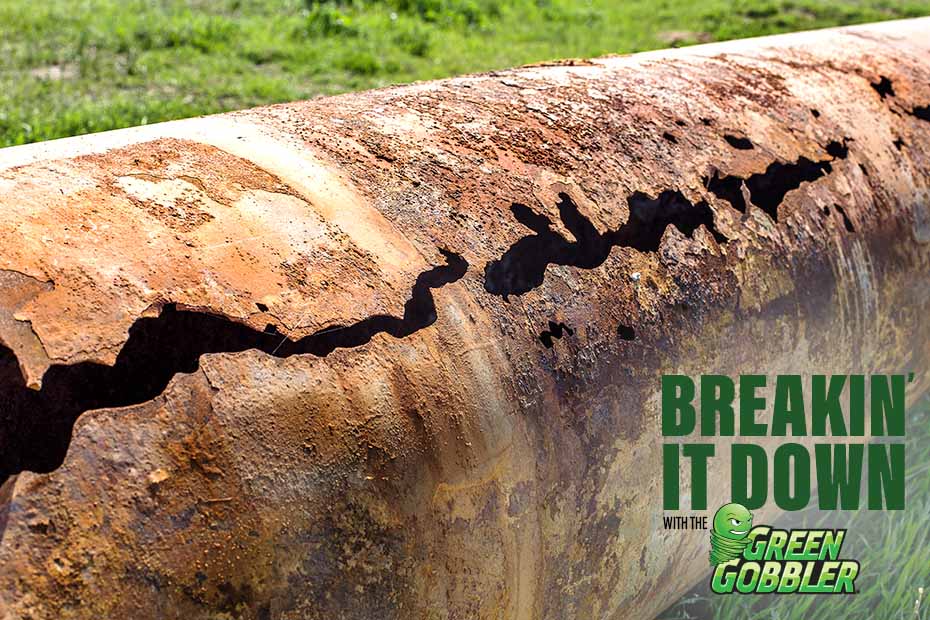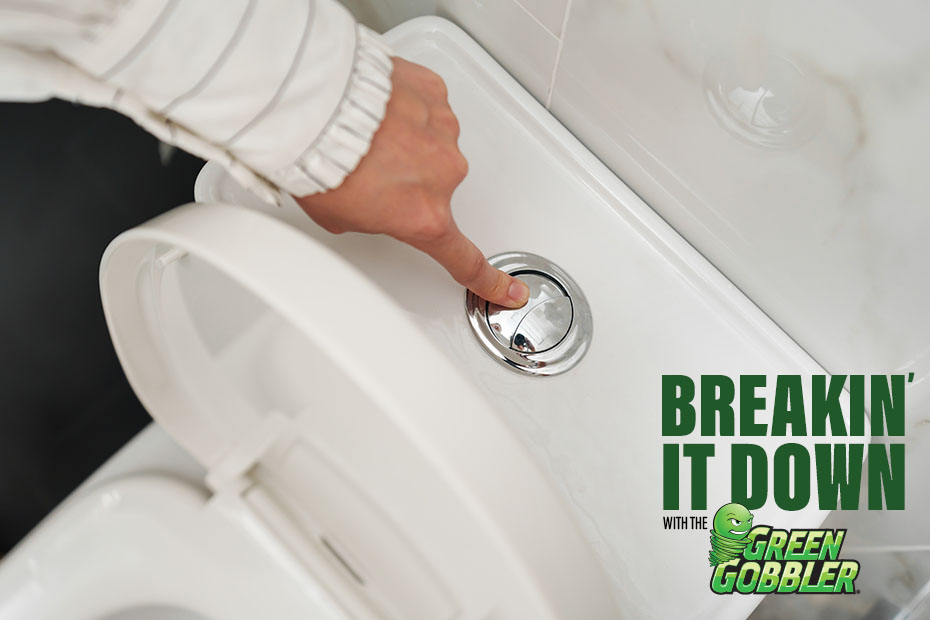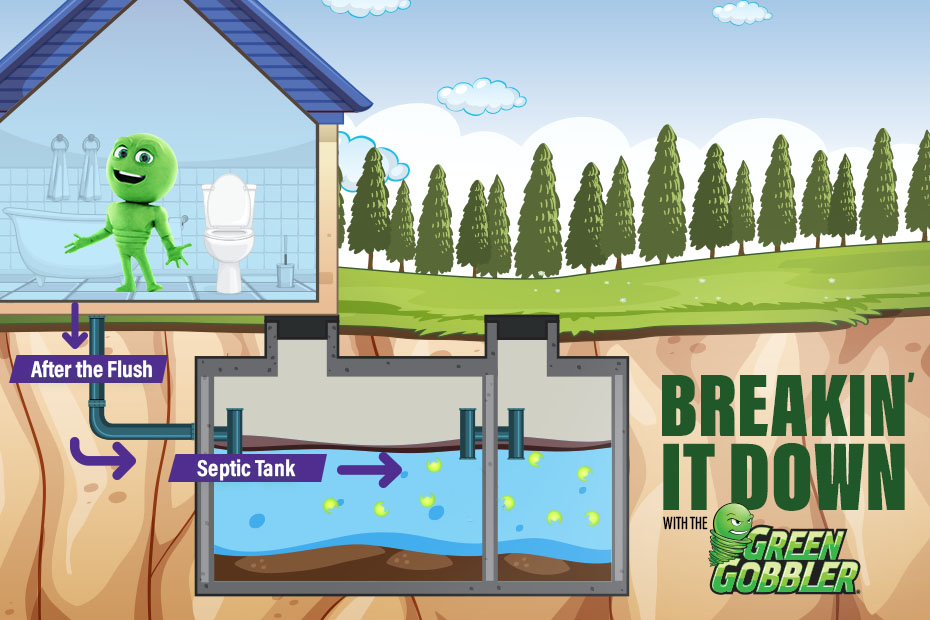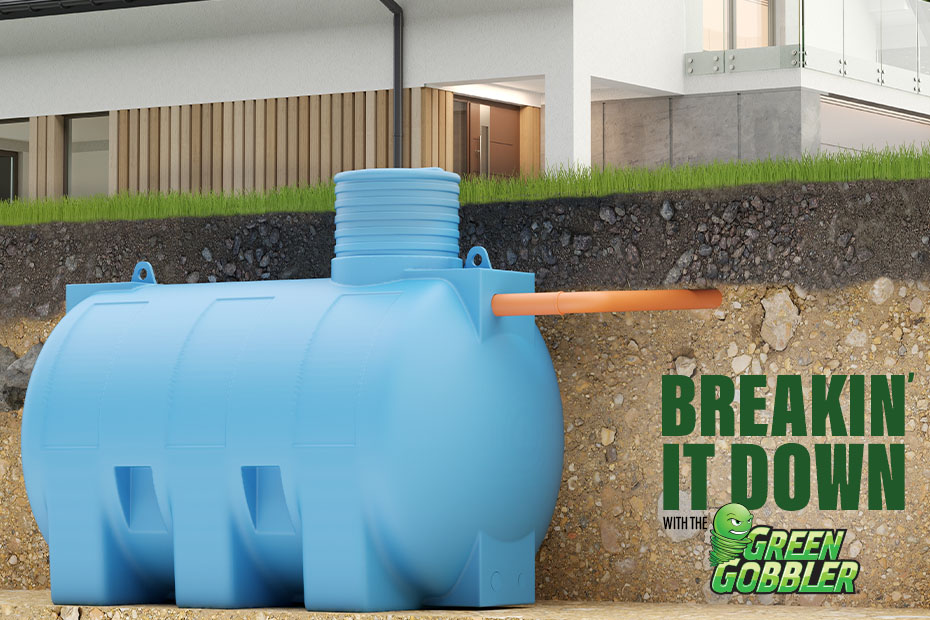In the eternal struggle against clogged drains, findin’ a solution that won't wreak havoc on your home's plumbin’ can sometimes feel like lookin’ for gold at the end of a rainbow. The vast majority of the cleaners on the market can take care of a clog. The problem is, they’re packed with powerful yet harmful chemicals that leave ya in a bind when ya need to clear your pipes, but ya don’t wanna cause any potential long-term damage. It’s quite the pickle, ya know? But that’s why I’m here.
Blog
- Read Article
- Read Article
Once again, we're plungin’ into the down-and-dirty world of septic systems. For most homeowners, the septic tank is somethin’ ya don’t really think about. It’s just a tank that sits beneath your yard collectin’ your waste. It’s basically outta-sight-outta-mind. That is, until somethin’ goes wrong. That’s why I wanna talk to ya. We need to dig into the bowels of your septic system’s health.
- Read Article
Alright, folks, today we're talkin’ about septic tanks and leach fields. Yeah, it’s not exactly dinner party chatter, but it’s a critical part of the plumbin’ puzzle for many homeowners. They’re the unsung heroes of our modern, water-wastin’ lives. So, get ready to get knee-deep in knowledge and follow me.
- Read Article
The waste treatment design of a septic tank is a marvel, but sometimes that marvel can become a nightmare. Because ya need to think about more than clearin’ clogs and keepin’ your pipes safe, ya need to think about what ya need to keep your entire septic system safe. “But what clog removers are safe for my system?” ya might ask.
It’s time to break it down. - Read Article
Today, I’m gonna tackle one of the most common problems septic system owners face: how to properly get rid of clogs safely and efficiently. Whether hair is buildin’ up in your shower, soap scum in your sink, or somethin’ way worse in your toilet, I’m gonna show ya what ya need to do.
- Read Article
If you're one of the millions of homeowners who rely on a septic system for waste management, the idea of one of those underground tanks is probably a little mystifyin’ and nerve-wrackin’. Ya probably know that it’s important to understand and maintain your system, but ya might be wonderin’ where treatments fit into the picture.
- Read Article
Livin' off the municipal grid and gettin’ away from everyone is kinda the dream. But one of the most crucial yet overlooked factors in this "off-the-grid" lifestyle that ya really have to consider is the septic tank. Let’s dive into septic systems and help ya become a pro at your household waste game.
- Read Article
The battle against stubborn toilet clogs always rages on! But ya don’t need to worry. I'm about to give ya some tried-and-true techniques to unclog your commode and restore peace to your bathroom kingdom. So roll up your sleeves, and let's dive right in!
- Read Article
With a little ingenuity and some everyday household items (and somethin' else ya can get on this website), ya can unclog your toilet without a plunger. Whether ya opt for a household science experiment or call in the heavy artillery with Green Gobbler, that toilet clog should be a thing of the past.
- Read Article
When traditional methods fail, let me, the Green Gobbler, become your new partner in crime. A persistent clog can make you miserable, but I can save the day with my Drain Clog Dissolver. This powerful stuff is designed to tackle tough clogs fast, effectively, and best of all, safely.
























